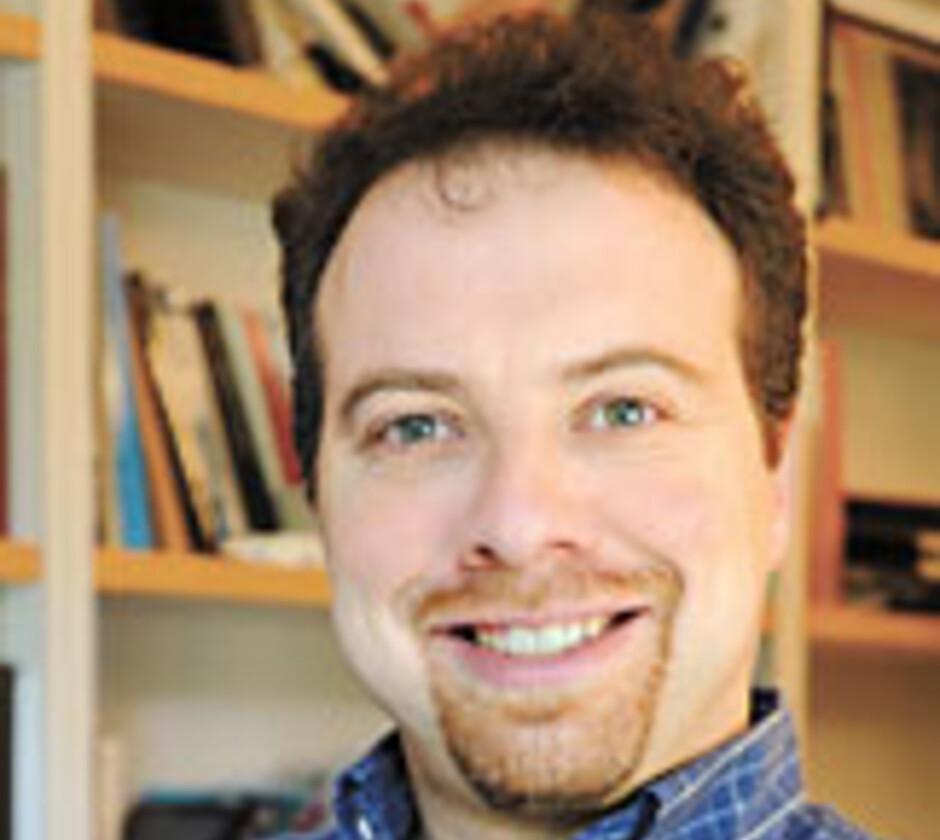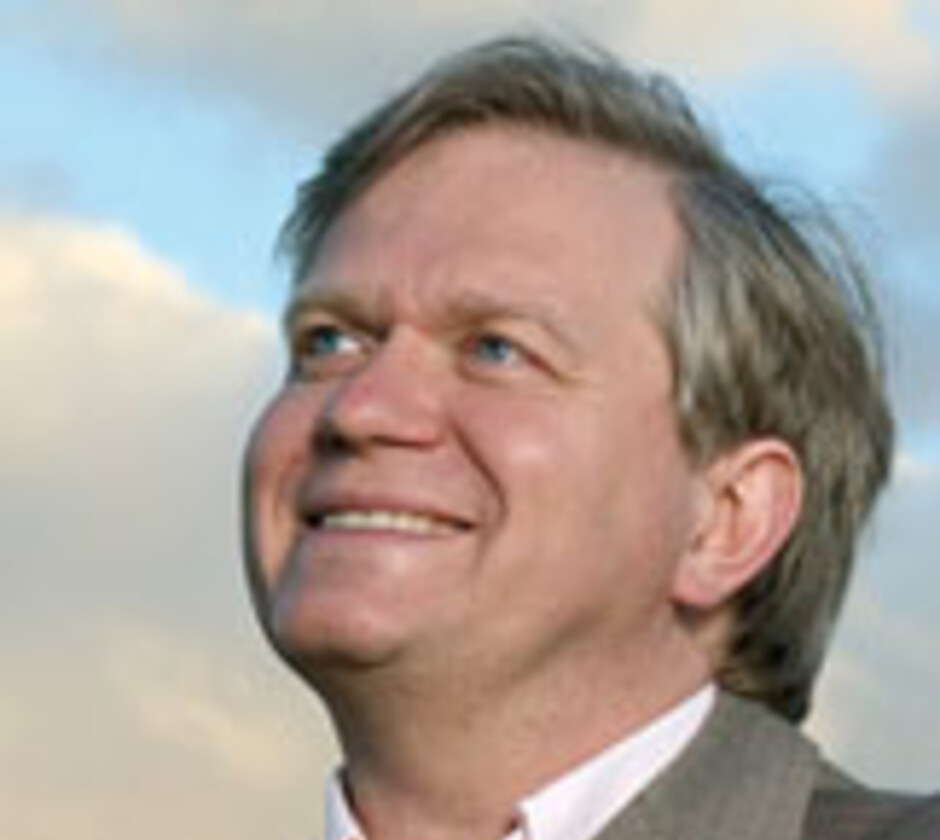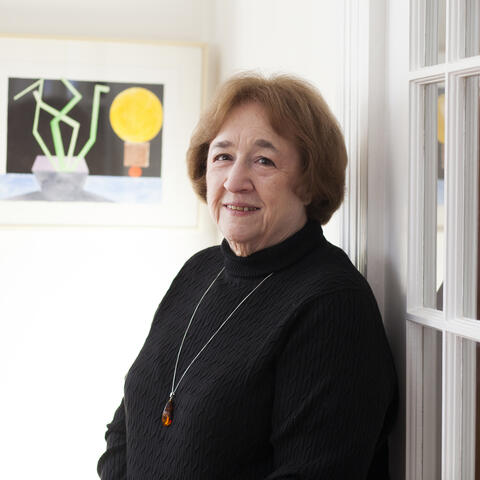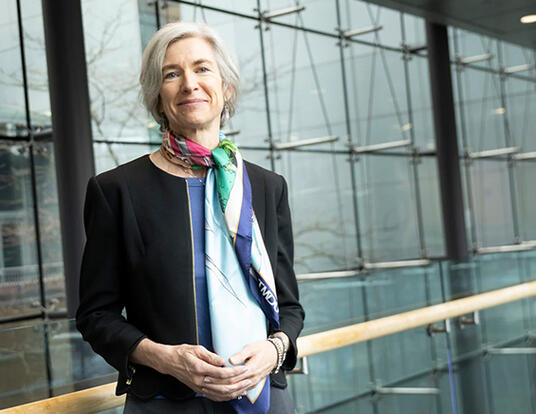Two astronomers who received their PhDs from Harvard were named today as among the three winners of the 2011 Nobel Prize in Physics for their discovery that the universe is expanding at an ever-accelerating rate — a discovery that shook cosmology "at its foundations," said the Royal Swedish Academy of Sciences in announcing the prize.
Adam Riess, PhD '96, of the Space Telescope Science Institute and Johns Hopkins University, and Brian Schmidt, PhD '93, of the Australian National University, share the prize with Harvard College alumnus Saul Perlmutter (AB '81) of the Lawrence Berkeley National Laboratory and the University of California, Berkeley.
According to the New York Times, the researchers were "the leaders of two competing teams of astronomers who were trying to use the exploding stars known as Type 1a supernovae as cosmic lighthouses to measure the expansion of the universe.
"They were hoping to measure how fast the universe, which has been expanding since its fiery birth in the Big Bang 14 billion years ago, was slowing down, and thus to find out if its ultimate fate was to fall back together in what is called a Big Crunch or not," the Times report continues. "Instead, they reported in 1998, it was inexplicably speeding up, a conclusion that nobody would have accepted if not for the fact that both groups wound up with the same answer."
At Harvard, Riess and Schmidt shared a mentor and PhD advisor in Robert P. Kirshner, himself an expert on supernovae, and the author of the popular-level book The Extravagant Universe: Exploding Stars, Dark Energy, and the Accelerating Cosmos (Princeton University Press).
When they were his students, Kirshner recalls, "Brian worked on using supernova explosions to measure the present rate of cosmic expansion. Adam worked on using a different type of supernova to measure the distances to supernovae. In the work that won the Nobel Prize, while Brian was a postdoc at the CFA and Adam was a Miller Fellow at Berkeley, we extended this to include very distant supernovae (of the type Adam had studied nearby) to see if the expansion of the universe has changed over time.
"Everybody expected it was slowing down, but we found it was speeding up," Kirshner continues. "This is attributed to a mysterious 'dark energy' that pervades the universe. Although we don't know too much about its properties, we do know it makes up about two-thirds of the stuff of the universe. So it isn't an exaggeration to say we discovered two-thirds of the universe in 1998!"
"Brian was a real leader among the students — energetic, outgoing, and an outstanding baker of delicious desserts. Adam and Brian were both TFs in my Core class Matter in the Universe. After this discovery, I had to change the name to The Energetic Universe."






